(September 19, 2022) In January 2021, Harvard grad Sneha Biswas quit her job at Bain & Company in the US on the same day her husband quit his at McKinsey. The power couple quit their “fat (very fat)” paycheques, as Sneha put it, to return to India. Here, she founded Early Steps Academy, an online, live learning platform that’s a combination of digital technology, good teaching and the case-study based education model she had picked up at Harvard University. Early Steps is aimed at making education more holistic, to fill the gaps that mainstream schools just don’t have the time or bandwidth to provide. She wrote about her decision on LinkedIn and the post quickly went viral. Sneha, who is now also a LinkedIn influencer with an ever growing follower base, represents a growing coterie of global Indians who are giving up cushy lifestyles and high-paying corporate jobs for the risks of entrepreneurship and the desire to make a lasting impact.
‘Confidence is key’
Growing up in Jameshedpur, Sneha’s mother, who was highly educated herself, always pushed her daughter to go beyond what was required. She participated in debates and other extra curricular activities and in the process of forcing herself out of her shell, which isn’t always easy, she learned confidence. “The difference in confidence levels is what takes you further than everyone else,” Sneha told Global Indian.
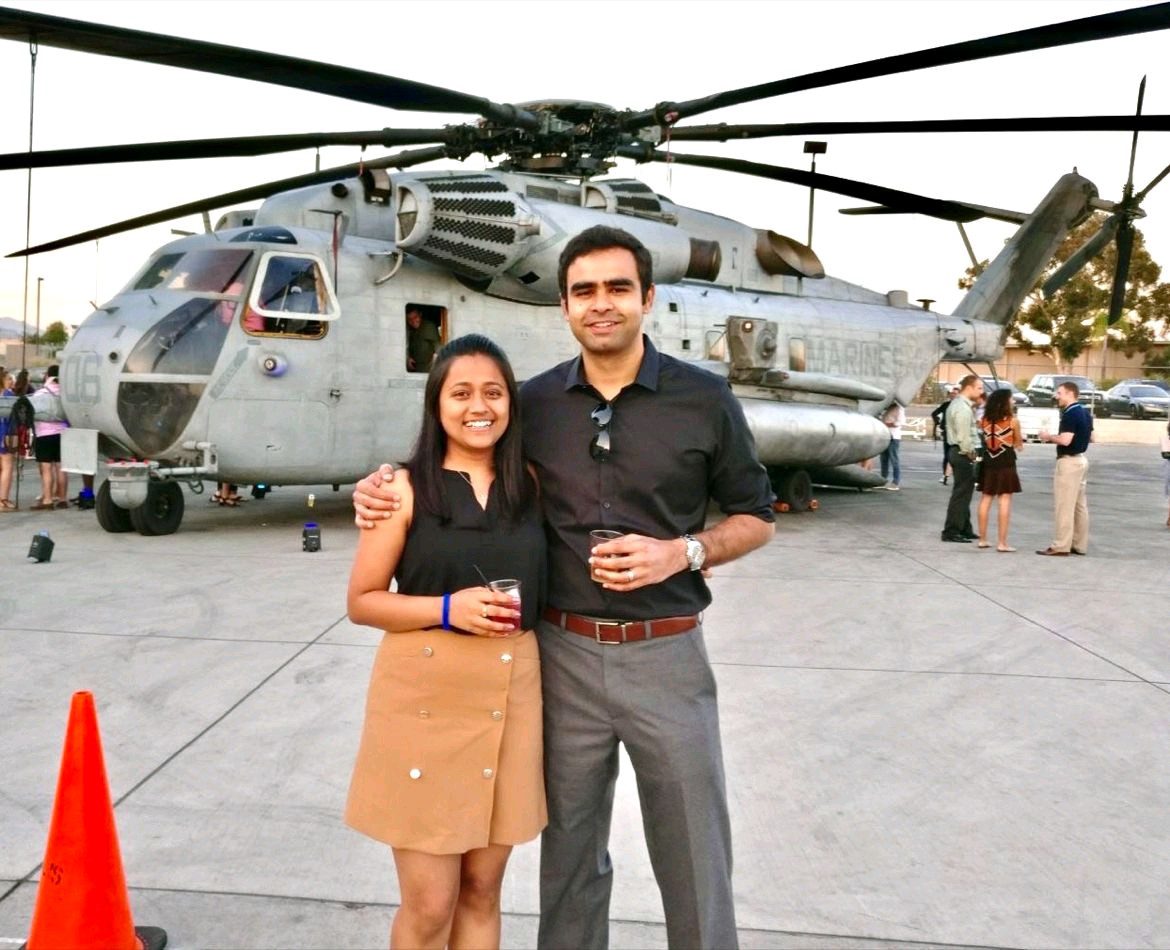
Sneha and her husband quit their corporate jobs in the US on the same day in January 2021, to return to India and work on their startups
Sneha excelled academically, making it to IIT Kharagpur but those formative years were crucial. “In school, I was trained to meet strangers, to participate in events and read the news. Learning is not just an overnight thing, it’s a series of experiences and the exposure we receive. I was fortunate to have that in my early years.” In her third year at IIT, she was chosen for a fellowship programme in the University of Oklahoma, and went to Norman, where she did an internship. “That was the first time I went abroad and met people from outside the country, I had spent all my life in India until then.” A stint with Teach for India also brought her in contact with people from around the world. “I saw the power of working with different mindsets, backgrounds and creating solutions that have similarities across borders. I understood why we need to bring in diversity in terms of ideas, from people who have very different lifestyles.”
Lessons in leadership and diversity
Sneha began working with an offshore oil company, Schlumberger, which has a presence in 80 countries around the world. She worked on in ships in the US offshore fields and then moved to Africa, where she lived in Mozambique and Kenya, to the UK and finally to Houston, where she worked in the company’s headquarters as a strategic economist. “I feel that at the basic level, people are all the same. We want respect and a better life for ourselves. Of course, much of that depends on where you are from, infrastructure varies from country to country and the constructs of nations can either make your life hard or a lot easier. At the level of people, though, what we’re looking for is very similar.”
Travelling to over 35 countries, from the UK to a riskier life in pirate-infested Somalia, “you start to see the whole world as one,” Sneha explains. “We learn to look past the obvious differences.” Also, working in the oil services environment, work was more than just a job. Accidents can mean multi-billion-dollar losses but they can also mean the loss of life. “When you have 50-60 people reporting to you, you’re managing their lives.” She was young when she was took on a leadership role in Africa. “It’s a tough place to be and a tough job to do.” Africa was just opening up at the time and there were no precedents to follow, she was “building all the systems herself. It’s very challenging and very enriching too.”
Reinventing herself at Harvard
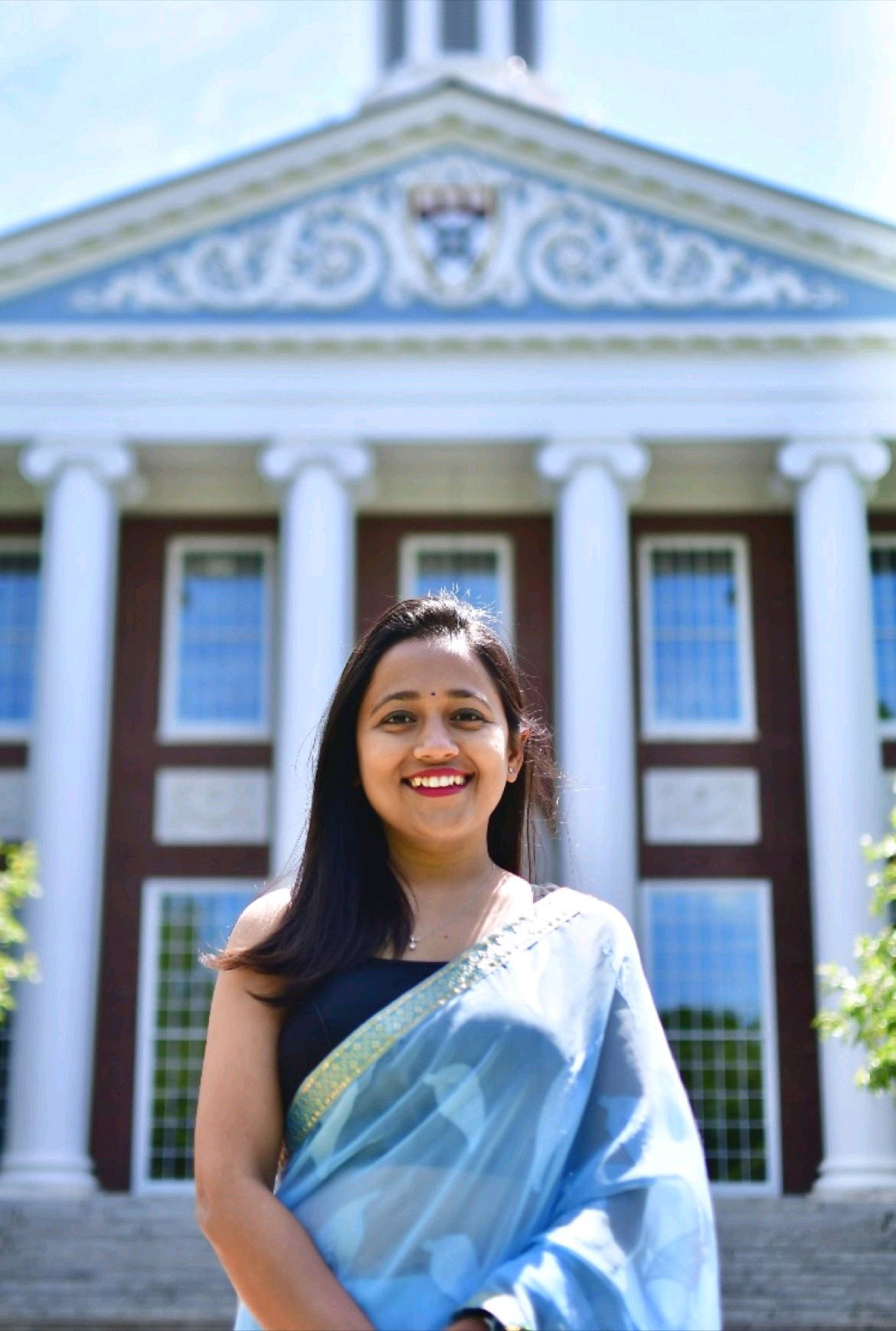
Her last assignment with Schlumberger was in Houston. That’s when Sneha decided it was time to reinvent herself and arrived at Harvard Business School in Boston, for her MBA. The skills she learned there would go on to shape her as an entrepreneur, years later. “It was a privilege. I worked with the best professors and the best minds. You’re not restricted to a particular country.”
By the time she joined Bain & Company, she could see the startup ecosystem booming. “I felt like critical thinking, how to structure your thoughts and speak confidently – these things should be part of the core curriculum. I started thinking of how I could create that global education system.”
The global classroom
Harvard, MIT, Stanford, Oxford- these are the names that spring to mind first when we think of world-class educational institutions. K12 schools don’t really make that cut. “There are good schools and bad schools, but how many do we equate with excellence? I wanted to create that,” she explains. Sneha knew that Early Steps would be an online platform. To her, it was the only way to create a ‘global classroom’. “There is power in moving cross border and learning from diversity. Physical infrastructures can’t really allow that.”
At the academy, students from different cultures come together, transcending local educational methods, policies and approaches to learn a set of universal skills that will always stand them in good stead. The idea was two-pronged: One, to build a global classroom and two, to help youngsters build confidence. “Both are unique, there is no curriculum in the world that systematically does this.”
Sneha returned to everything her mother taught her and shaped a model to bring those experiences together in a structured manner. She worked with professors who have been at educational systems from around the world, as well as harnessing her own experiences. “People creating curriculums have always functioned within a particular schooling system. Not many have had the chance to spend years in different parts of the world. I was able to leverage my experiences in that sense, I understood the nuances. I had been a trainee in Abu Dhabi, a faculty-nominated tutor at Harvard and worked with an ed-tech in China.”
A brave new world
K12 models haven’t changed since they were put in place over a century ago. As global borders blur, K12 schools continue to operate in silos. At the same time, the world is changing, industry now includes cryptocurrencies and space tech. Do our schools have what it takes to keep up? Will the children who graduate from them be able to operate in this new world with confidence?
“Knowledge brings confidence,” Sneha remarks. “We help children develop the right skills that go beyond just knowing subject. What is critical thinking, how do you communicate concisely? How do you agree and disagree with people who are different from you? These are the skillsets we have systematically added to the curriculum.” The idea is to make education relevant, useful and engaging – a system that is fun for the two billion school children worldwide. “Most kids don’t enjoy the process of learning and we need to change this. It’s not just about the bells and whistles of wanting to do something, it’s about making the process itself fun and engaging for kids.”
Follow Sneha Biswas on LinkedIn


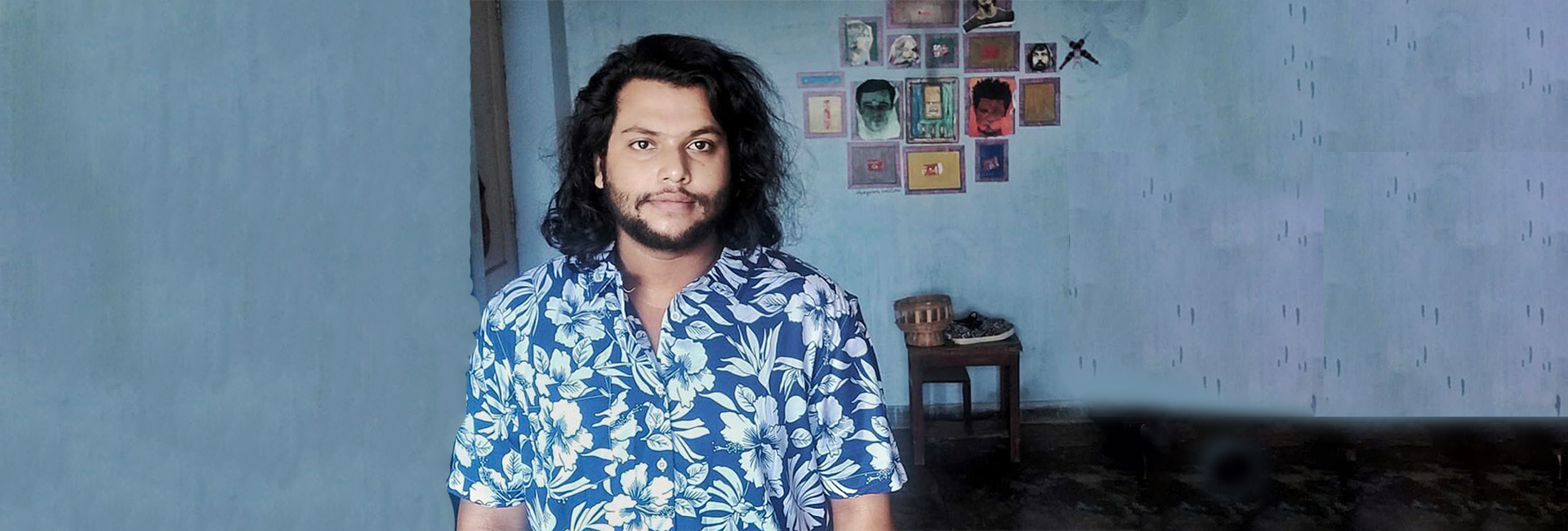
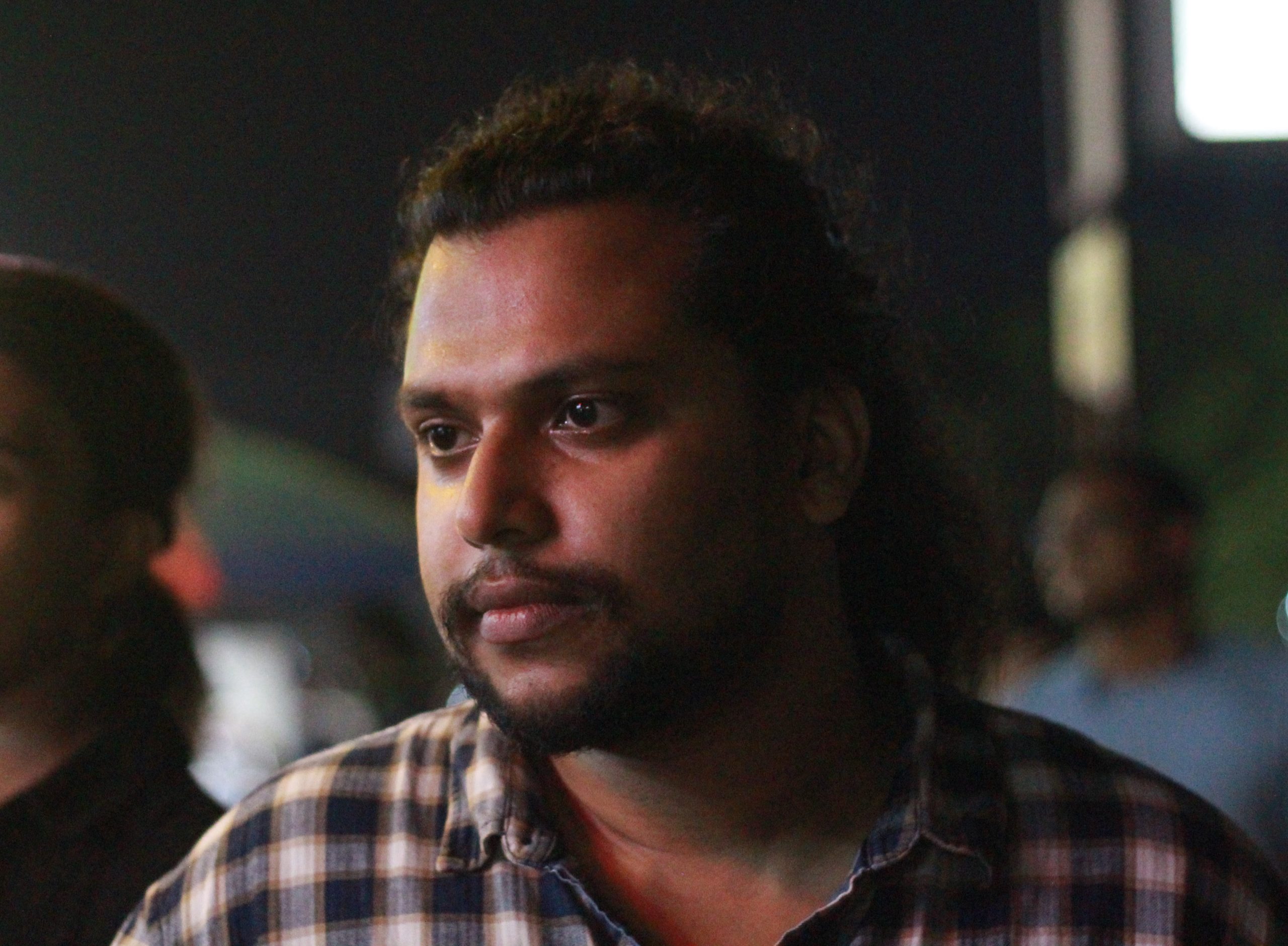 Maharshi Tuhin Kashyap is an Indian filmmaker[/caption]
Maharshi Tuhin Kashyap is an Indian filmmaker[/caption]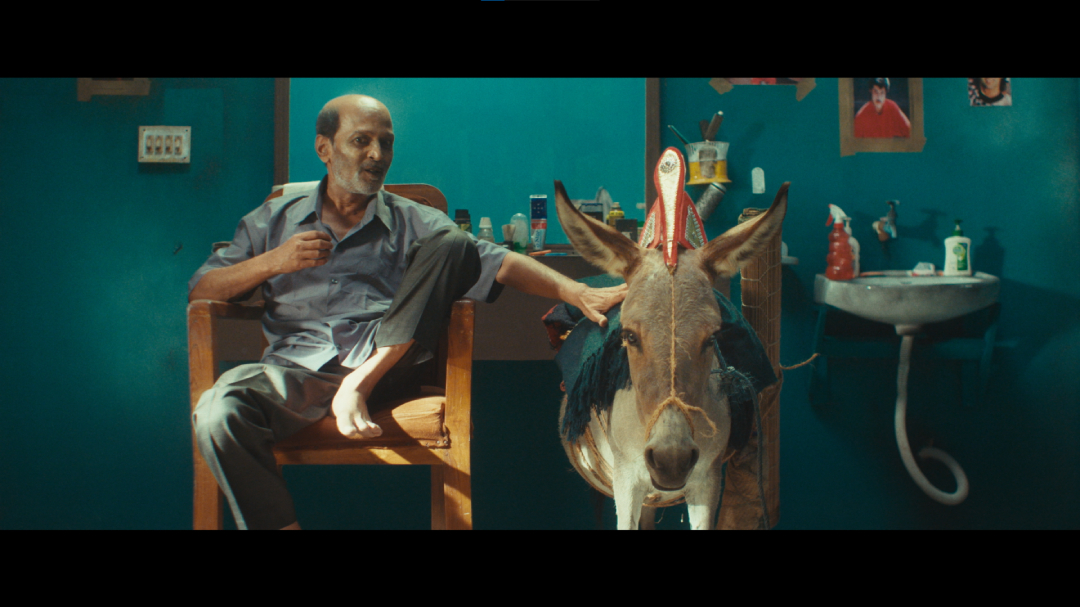 A still from The Horse From Heaven[/caption]
A still from The Horse From Heaven[/caption] A still from The Horse From Heaven[/caption]
A still from The Horse From Heaven[/caption]
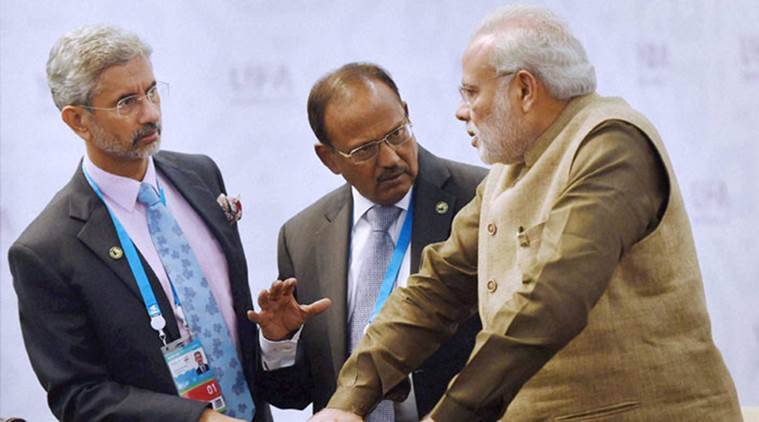

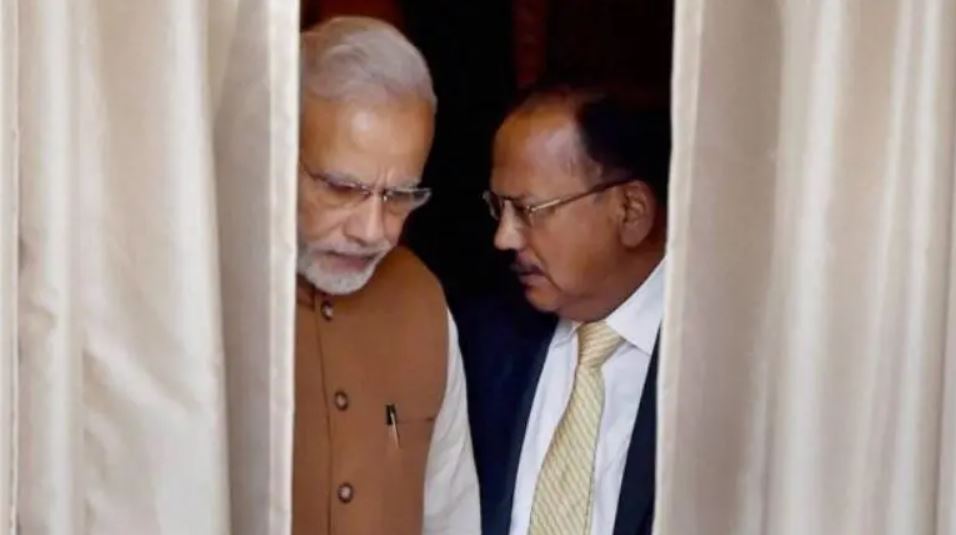
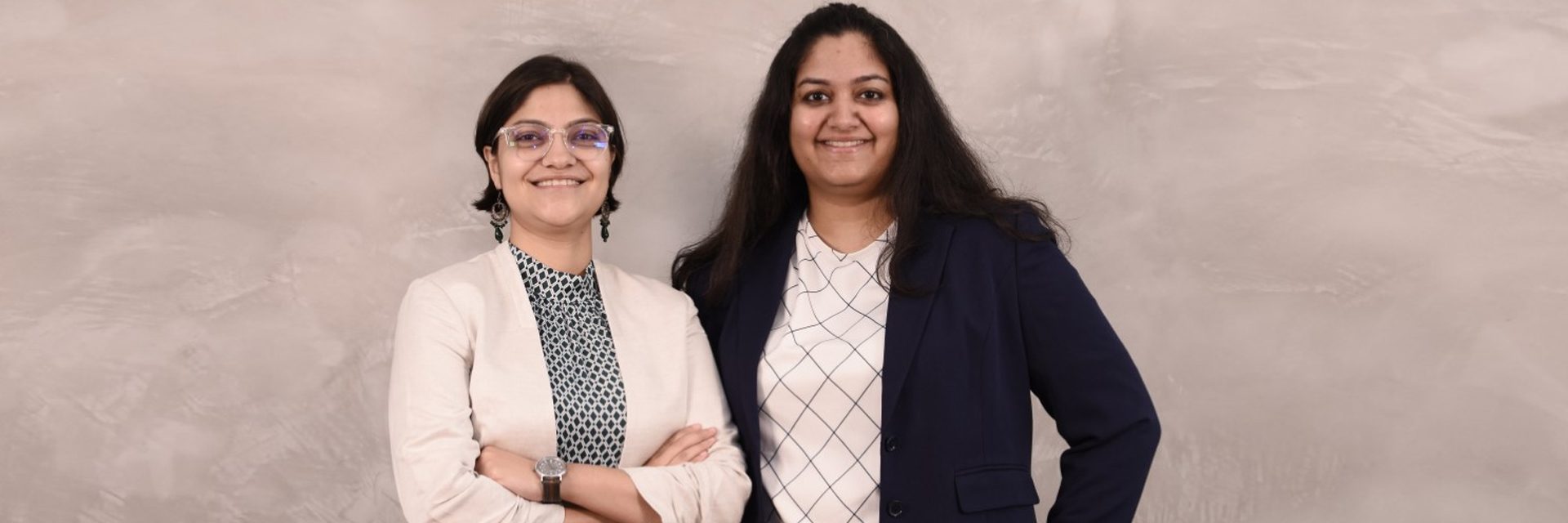
 Dr Praapti Jayaswal[/caption]
Dr Praapti Jayaswal[/caption] Avlokita Tiwari[/caption]
Avlokita Tiwari[/caption]

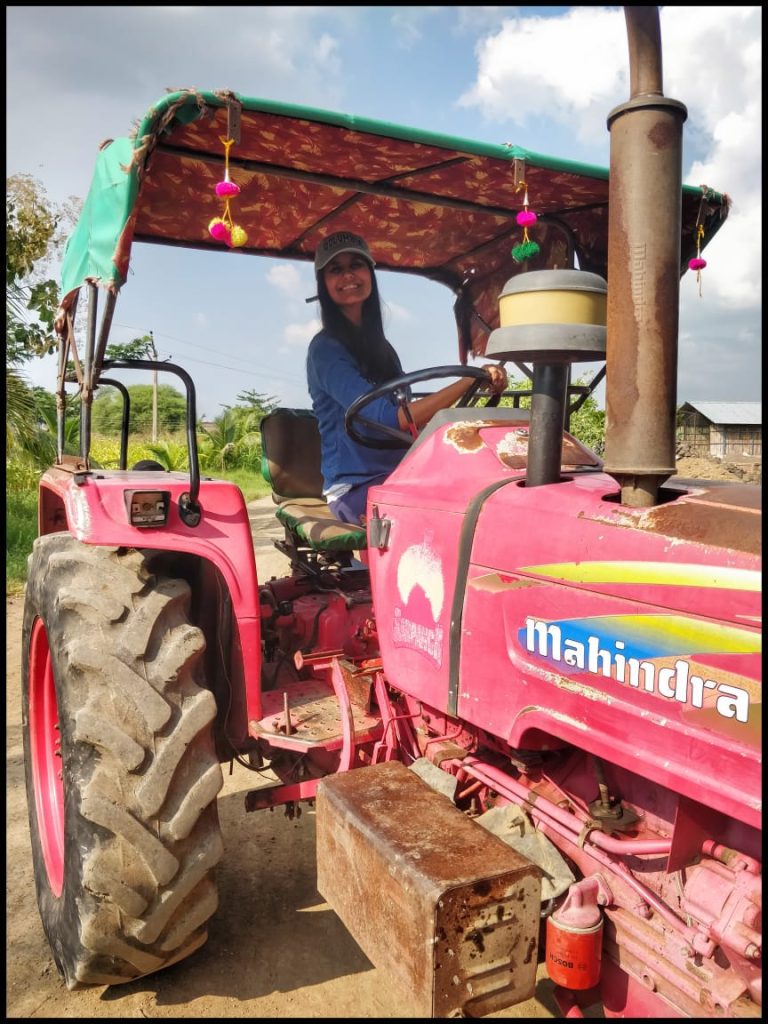
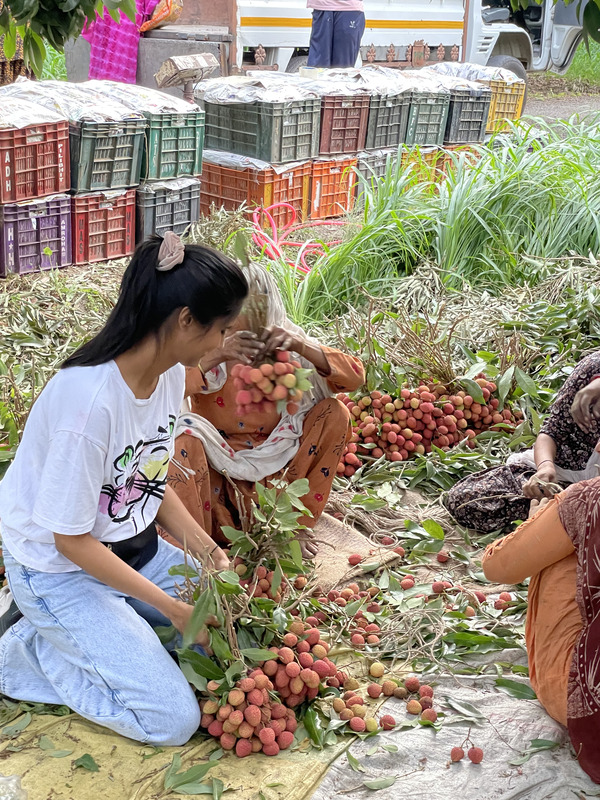
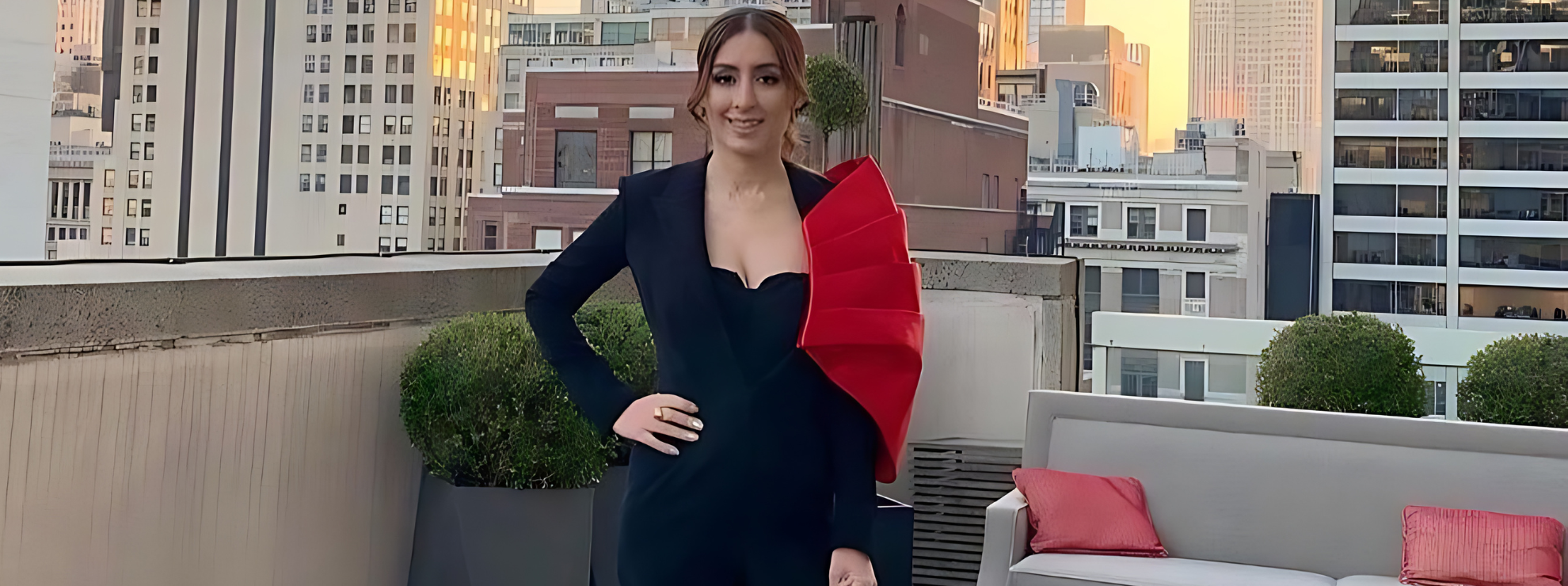
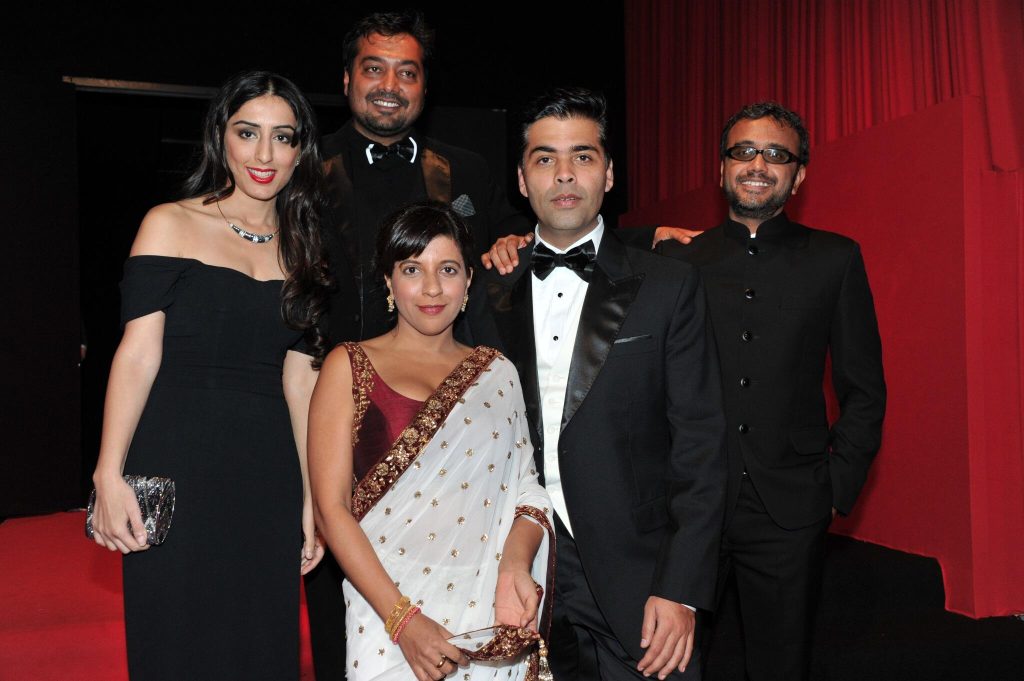 Ashi Dua with Karan Johar and Anurag Kashyap[/caption]
Ashi Dua with Karan Johar and Anurag Kashyap[/caption]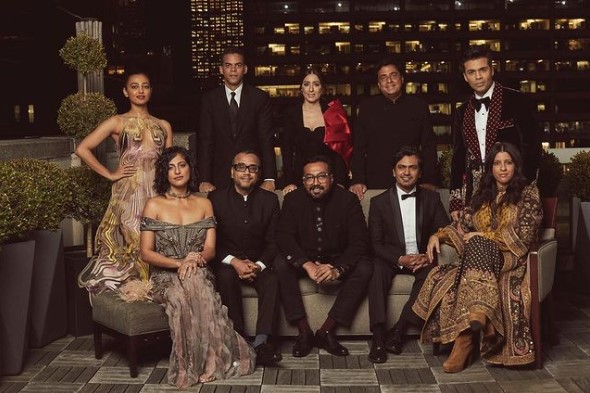 Photo: Instagram[/caption]
Photo: Instagram[/caption]
Inspiring!!
True old education system only clear the concept and basics of subjects but when one face the global platform he/she should equip with the latest knowledge about technology/business which help them to face the world with confidence to succeed in this competitive environment.
Inspiring!!